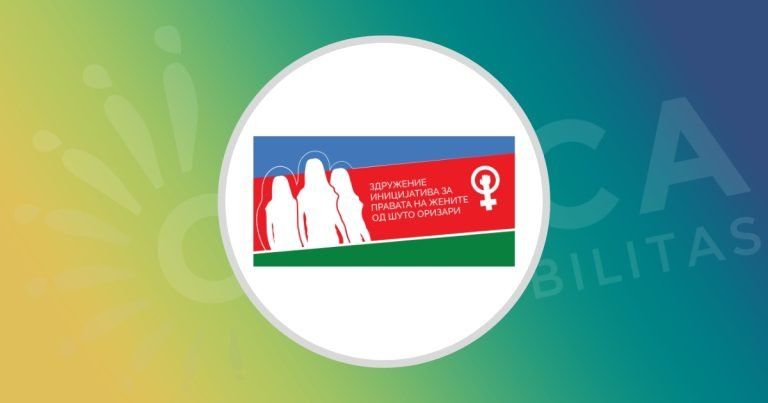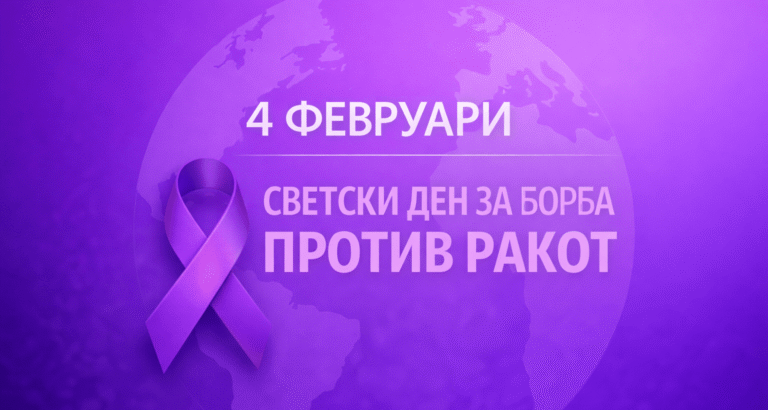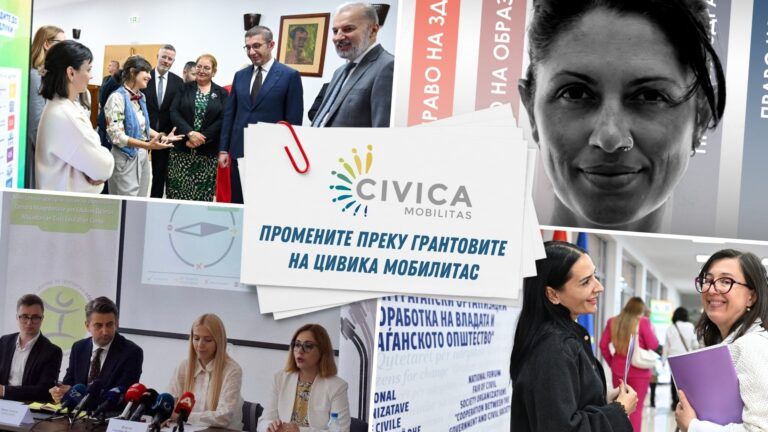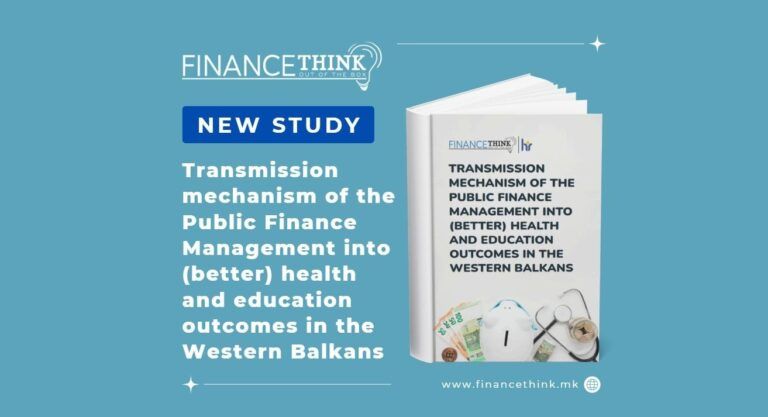FRA: Ensuring access to public services for older people in digital societies
Europe’s ageing population is ever-increasing, and our societies are becoming more digitalised. Many public services are available online, with many more services being digitalised.
But EU data show that only 1 in 4 people in the EU aged 65 to 74 have at least basic digital skills. So, older people may be deprived of their fundamental rights, such as access to healthcare or pensions, in our digital societies.
FRA’s report on ‘Fundamental Rights of older persons: ensuring access to public services in digital societies’ reveals that legislation across EU countries does not always acknowledge the risk of digital exclusion. Neither does legislation address the barriers older people may face.
To ensure access to public services for all, EU countries should:
- Equal access – access to public services, such as pensions or social benefits, is a fundamental right. As more of these services become digital, countries should guarantee that older people can access them.
- Full participation – older people are not always involved in the design and development of digital services. EU countries should ensure older people feed into the design of digital public services to address their needs.
- New digital skills – not everyone has the necessary skills or resources to use digital tools. To avoid digital exclusion, countries could use EU funds to help older people improve their digital literacy.
- Combat ageism – ageism affects people’s willingness and ability to engage with modern technologies. Countries should foster peer learning, intragenerational training, and avoid ageist language.
- Inclusive data collection – there is no EU-wide data on the digital literacy of people over 74, even though this group will represent 20% of the EU population by 2050. Data on this age group should be collected systematically.
This report drew on data from Eurostat and FRA’s Fundamental Rights Survey.
As the national research partner of FRA, the data for North Macedonia as well as the country’s report were prepared by the European Policy Institute – Skopje.
The post FRA: Ensuring access to public services for older people in digital societies appeared first on EPI.




![[Aggregator] Downloaded image for imported item #43795](https://civicamobilitas.mk/wp-content/uploads/2026/01/611149509_1571871173934400_3927165331577291092_n-2-768x512.jpg)


